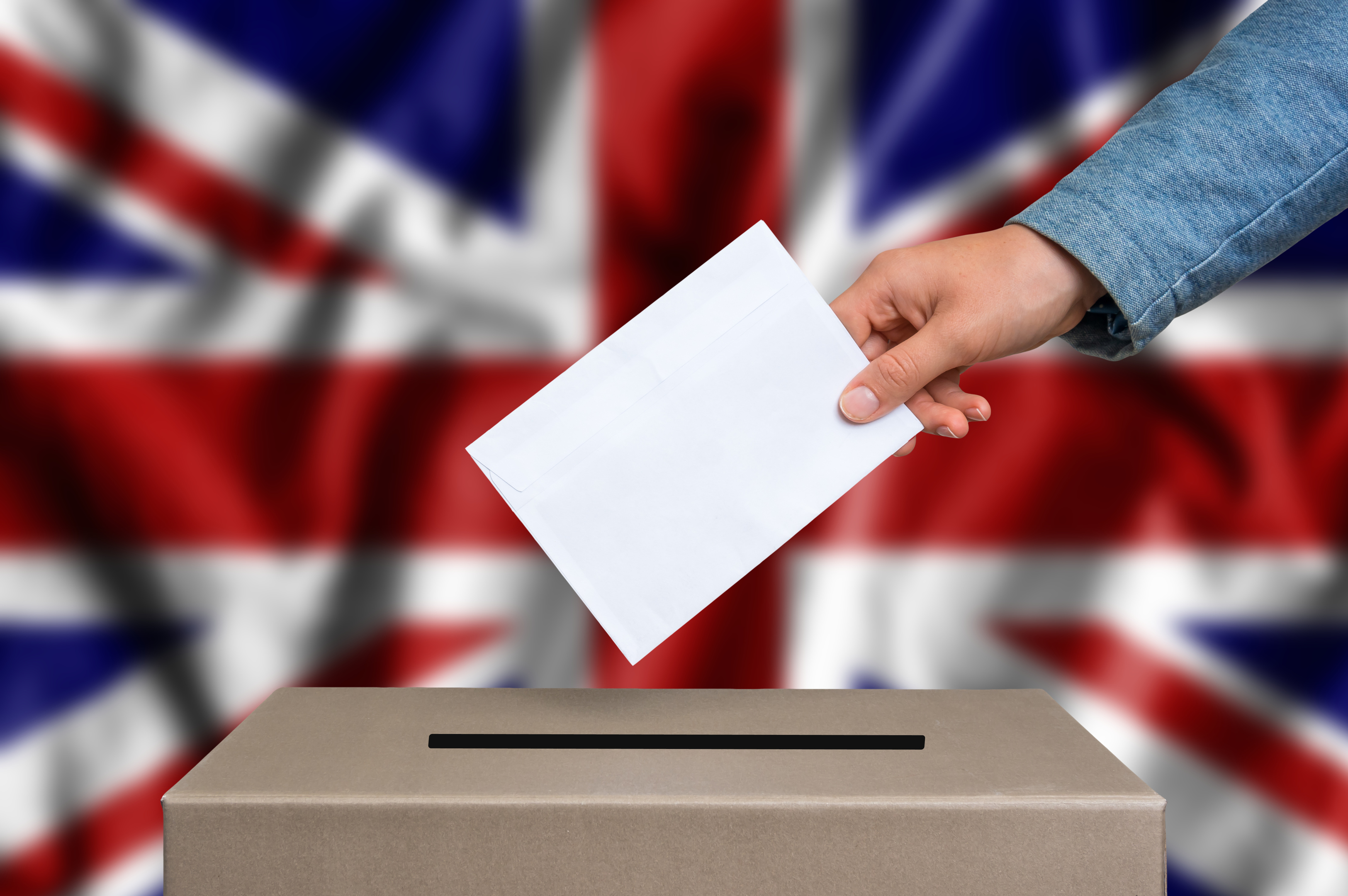
MORE than half (56%) of members of the public think that none of the political parties represent their views, a survey has suggested.
However, 58% of those who did not feel represented by a political party indicated they would still vote in Thursday’s General Election, the National Centre for Social Research (NatCen) found.
Approximately 84% said they cared about the outcome of the election, including 76% of those who felt no party represented them, while 69% thought that Conservative Prime Minister Theresa May was right to call an election.
Mrs May’s decision to call a snap election has had no impact on the public’s view about whether Britain would get a good deal from the forthcoming Brexit negotiations, the poll suggested, with 30% thinking Britain would secure a good deal, compared to 33% in February.
Just over half (53%) of young people aged 18 to 30 indicated they would definitely vote in this election compared with 79% of those over the age of sixty.
62% of those young people said they voted in the 2015 General Election in contrast to 85% of those over the age of 60.
Roger Harding, National Centre for Social Research head of public attitudes said: “A democracy in which a majority consider the choices on offer don’t speak to their lives is a very worrying thing and all parties would do well to consider how to reconnect with those who feel left out.”
The NatCen (National Centre for Social Research), panel survey of 2,223 people was conducted between April 27 and May 28 this year.

Enjoy the convenience of having The Sunday Post delivered as a digital ePaper straight to your smartphone, tablet or computer.
Subscribe for only £5.49 a month and enjoy all the benefits of the printed paper as a digital replica.
Subscribe